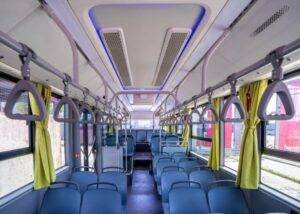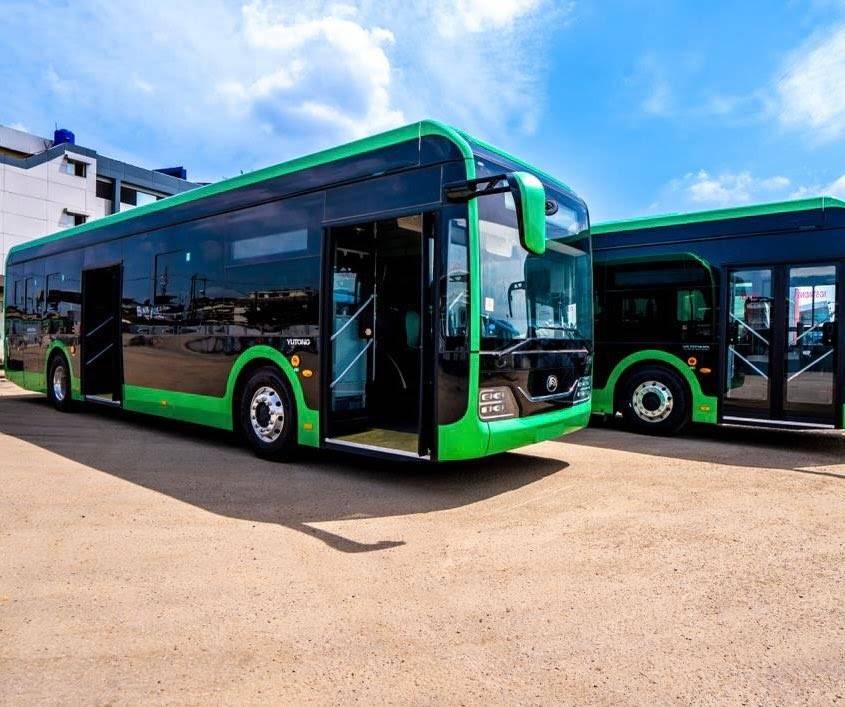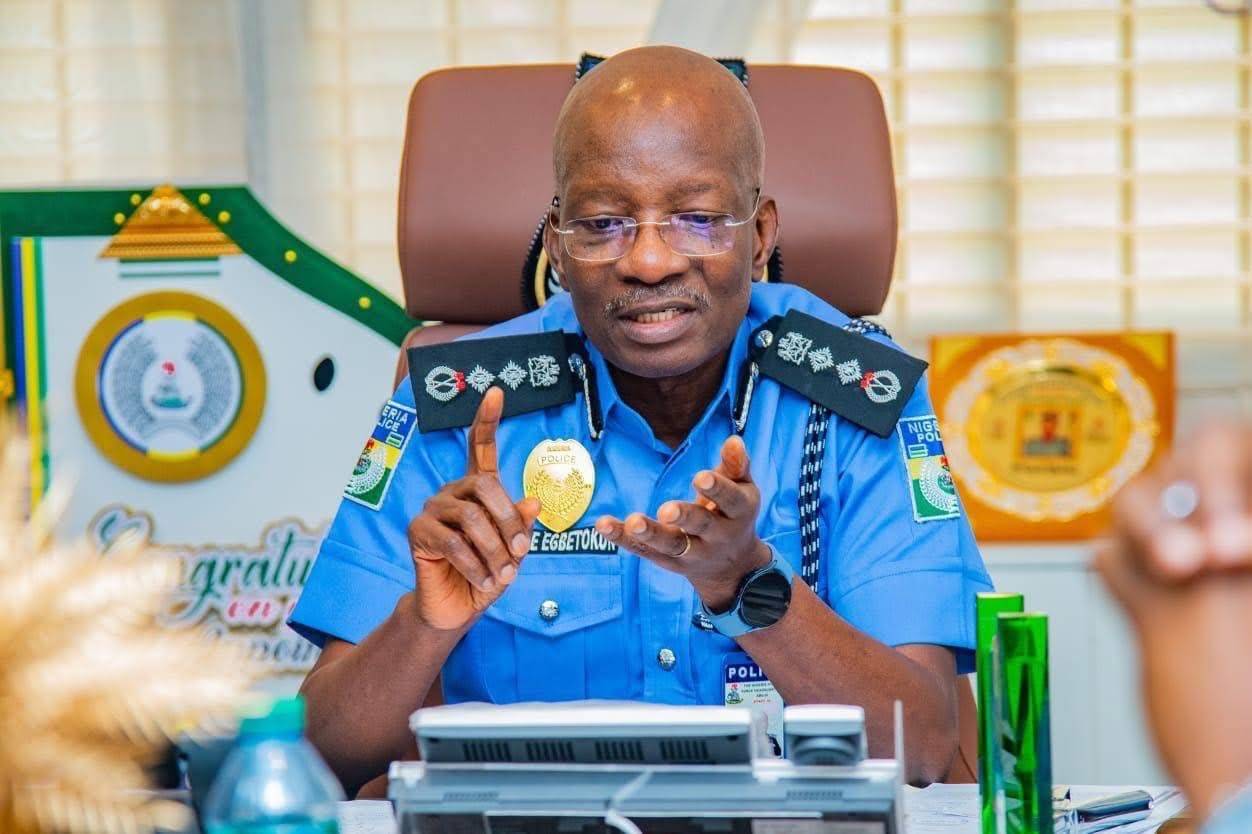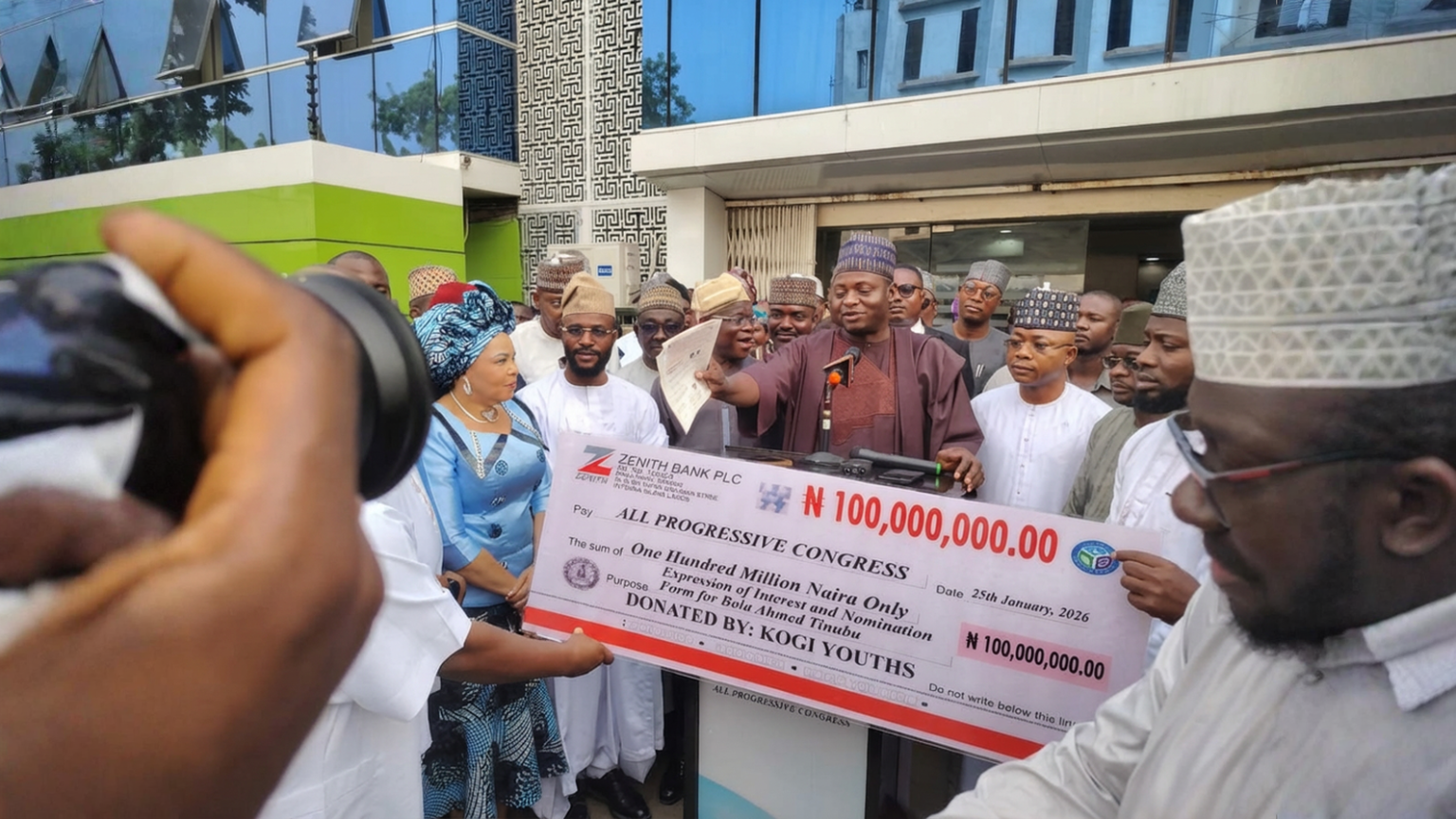Governor Babajide Sanwo-Olu of Lagos State has boastfully announced the arrival of the first set of electric buses in the state. The first of its kind in the country.
The elated governor, in a social media post on Sunday, explained that the introduction of the buses is part of the government’s increased effort to further modernise every sector of the state and also reduce carbon emissions.

Sanwo-Olu, who thanked the project partners, Oando PLC, also assured Lagosians of cost-efficient transportation.
“I am excited to announce the first set of electric buses in the Lagos Mass Transit Master Plan as part of our increased effort to modernise every sector of Lagos. Thanks to our partnership with @Oando_PLC, Lagosians can expect a cleaner and greener public transportation system.

“With the ability to travel 280km at full charge, taking into account our unique travel times in Lagos, our electric buses are a game-changer. With an average daily usage of 200km by existing BRTs, there is no need to fear that the buses can stop while in transit.
“Our new electric buses will not only reduce carbon emissions but will also increase efficiency. This means that Lagosians can say goodbye to high fuel costs and hello to cost-efficient transportation. We shall be running a pilot scheme over the next few months to gather sufficient data required to analyse the operational efficiencies relative to the current BRT buses to further improve our public transport service.
“This collaboration is a testament to our commitment to creating a sustainable future for Lagos.
“We understand the need for charging stations to power our electric buses, which is why we are partnering with Oando Clean Energy Limited to strategically place Universal Chargers at public places like malls and gas stations. We also plan to establish an Assembly Plant for Electric Buses in the near future.
“This is just the beginning of our efforts to transform Lagos into an even smarter city as we continue to increase our fleet of electric vehicles, further modernizing the Lagos transportation system.”














